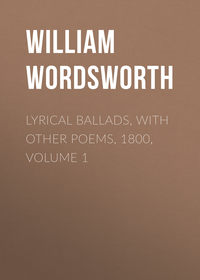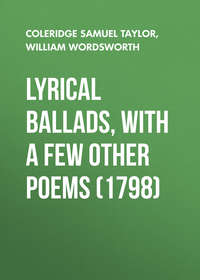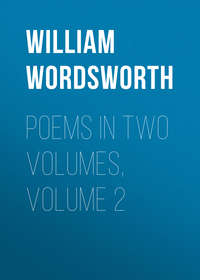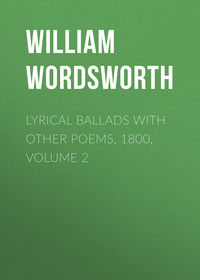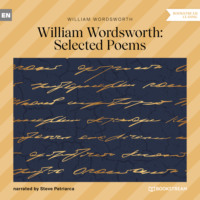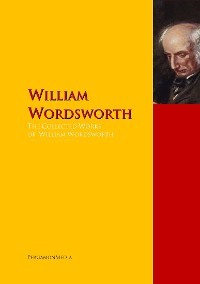Poems in Two Volumes, Volume 1
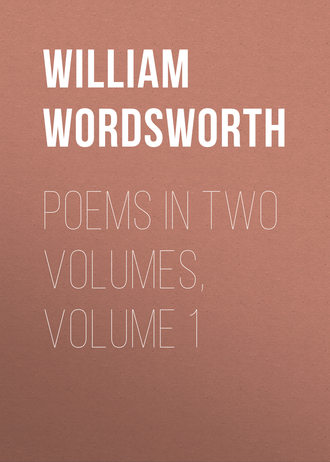 полная версия
полная версияPoems in Two Volumes, Volume 1
Жанр: зарубежная поэзиязарубежная классикастихи и поэзиялитература 19 векалитература 18 векасерьезное чтениеcтихи, поэзия
Язык: Английский
Год издания: 2017
Добавлена:
Настройки чтения
Размер шрифта
Высота строк
Поля




